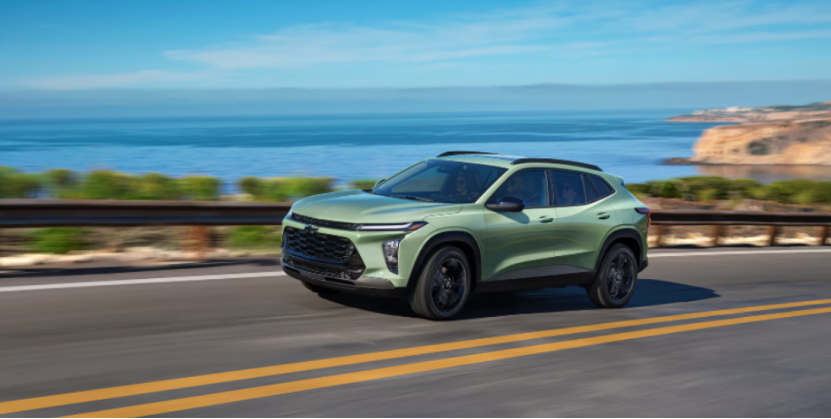According to Nikkei News, on July 22, American car manufacturer General Motors announced that it will continue to import cars from Korea despite the burden of high tariffs imposed by President Trump. Earlier this month, the U.S. government confirmed a 25% reciprocal tariff on goods imported from Korea, the same rate announced on April 2. GM's Chief Financial Officer Paul Jacobson stated during a financial report call that the company will continue to manufacture cars in Canada, Mexico, and Korea for export to the U.S. Although GM reported a net profit loss of $1.1 billion in the second quarter due to these tariffs, Jacobson emphasized that the company will maintain car imports to "avoid disruptions for its customers and dealers." Despite GM's efforts to mitigate the impact of tariffs through production adjustments, cost reductions, and price stabilization measures, the company's net profit still plummeted by 35.4% year-on-year to $1.89 billion in the second quarter. Jacobson noted that tariff pressures are expected to intensify in the third quarter as more indirect costs start to take effect. However, GM's expectations for the overall impact of tariffs for the year remain unchanged, projected to be between $4 billion and $5 billion, with $2 billion attributed to its joint venture GM Korea. CEO Mary Barra praised the company's Korean operations, stating that the Chevrolet Trax crossover and other popular models produced in Korea have "high efficiency and exceptional quality." She emphasized that paying high tariffs is still worthwhile, pointing to strong market demand for GM's vehicles produced in Korea, which also contribute positively to the company's profit margins. Barra remarked, "Our current strategic positioning is very correct, but how long this advantage will last is uncertain. We will maintain our existing layout until the policy environment becomes clearer, at which point we will announce more specific plans." In June, GM announced plans to invest $4 billion in three assembly plants in the U.S. to increase production capacity for 300,000 light trucks, full-size SUVs, and crossovers. Barra also stated, "I will not speculate on the specific terms of the U.S.-Korea agreement at this time." Hours before this statement, the U.S. and Japan announced a trade agreement, reportedly reducing the reciprocal tariffs on cars and other products imported from Japan from 25% to 15%. GM Korea was established in 2002 through the acquisition of the former Daewoo Motors and has long been an important export base for GM. According to GM Korea's data, in 2024, it sold 24,824 vehicles domestically in Korea and exported 474,735 vehicles globally; in the first half of this year, its export momentum remained strong, with 241,234 vehicles exported and 8,121 vehicles sold domestically in Korea.
GM to Continue Importing Cars from Korea Despite High Tariffs

Share this post on: